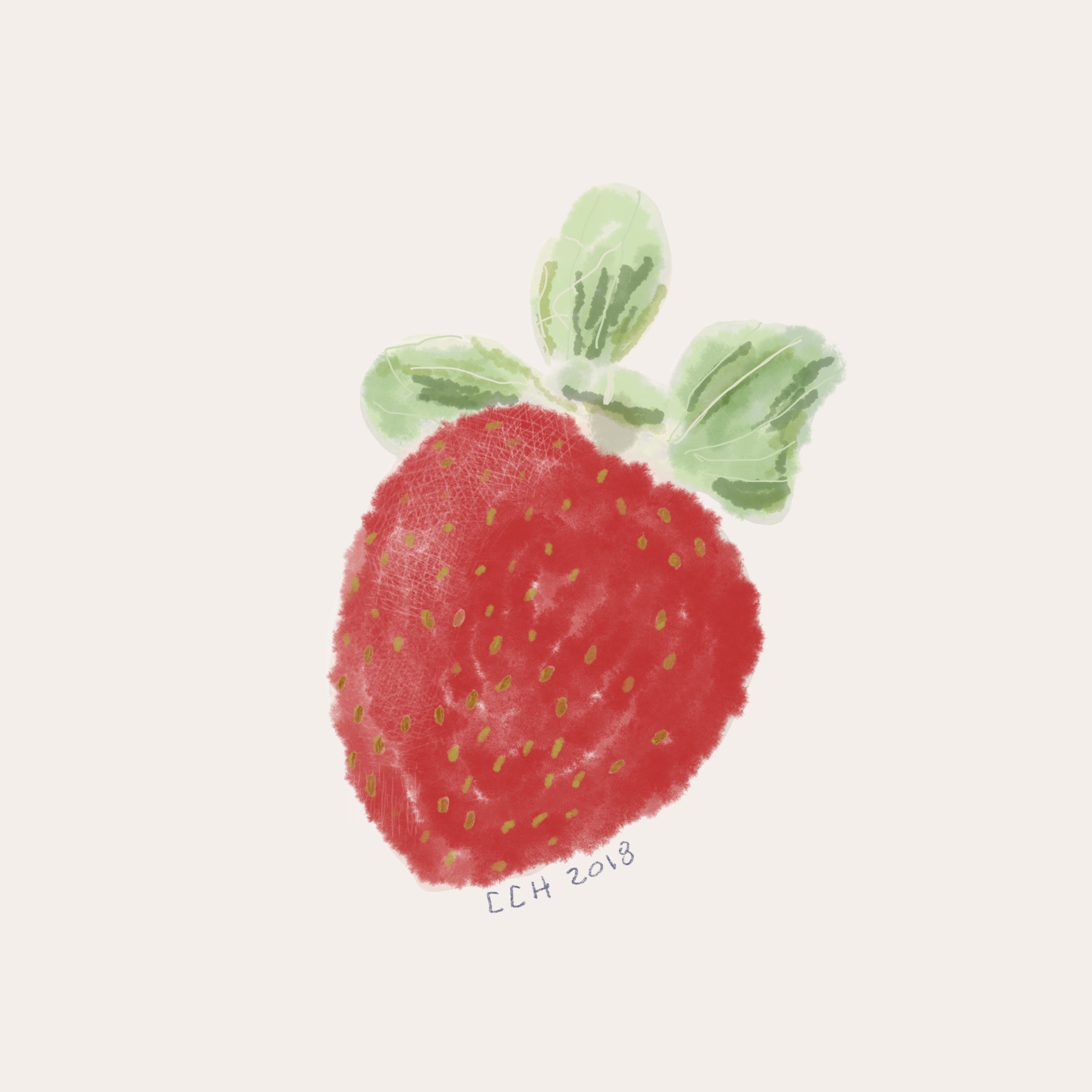Prioritise Your Organic Buying with the “Dirty Dozen”

I have always believed in self care and the body’s ability to heal itself and through my own research, I have witnessed the effects that food can have on the health of my family and me. In wanting to learn more, I decided to become a health coach because sharing my knowledge with Fabsters seemed like the natural next step. And so six weeks ago I enrolled onto a year long course with Integrative Nutrition to become certified as a health coach. It’s early days yet for where this journey might take me but the weeks have flown by because I am genuinely excited by what I am learning.
This week, we learned about the “Dirty Dozen“, a list — published by the Environmental Working Group (EWG) — of the most pesticide-contaminated produce. If you’re in a quandary about when to buy organic, knowing the twelve items on this list will help your decision making. By only buying organic with these twelve items, you will significantly reduce your exposure to toxic chemicals.
Dirty Dozen 2018
- Strawberries
- Spinach
- Nectarines
- Apples
- Grapes
- Peaches
- Cherries
- Pears
- Tomatoes/Cherry Tomatoes
- Celery
- Potatoes
- Sweet Bell Peppers/Hot Peppers



This is really useful guide, thank you. Quite surprising what’s on the list!
I know — all the things I love! All the best, Christine.
Thank you for sharing this list.
You’re so welcome! All the best, Christine
Lots of my favourite things on that list. I’ve never seen organic cherries for sale 😕. I’d be interested to see the next 12 too, what about cauliflower? I always thought that was heavily sprayed.
Hi Rachel
Yes, I have never found organic cherries either. I have however recently learned that washing fruits and vegetables with grapefruit seed extract is an effective and safe way to remove pesticide residue. I now wash all my fruits and vegetables this way. and Here is a good article I found on the subject. https://www.livestrong.com/article/37737-wash-produce-grapefruit-seed-oil/
As for cauliflower — it’s on the Clean Fifteen list and this is what the Environmental Working Group have to say about cauliflower! “About half of all conventionally grown cauliflower samples contained no detectable pesticide residues. No single cauliflower sample contained more that three detectable pesticide residues.”
All the best, Christine.